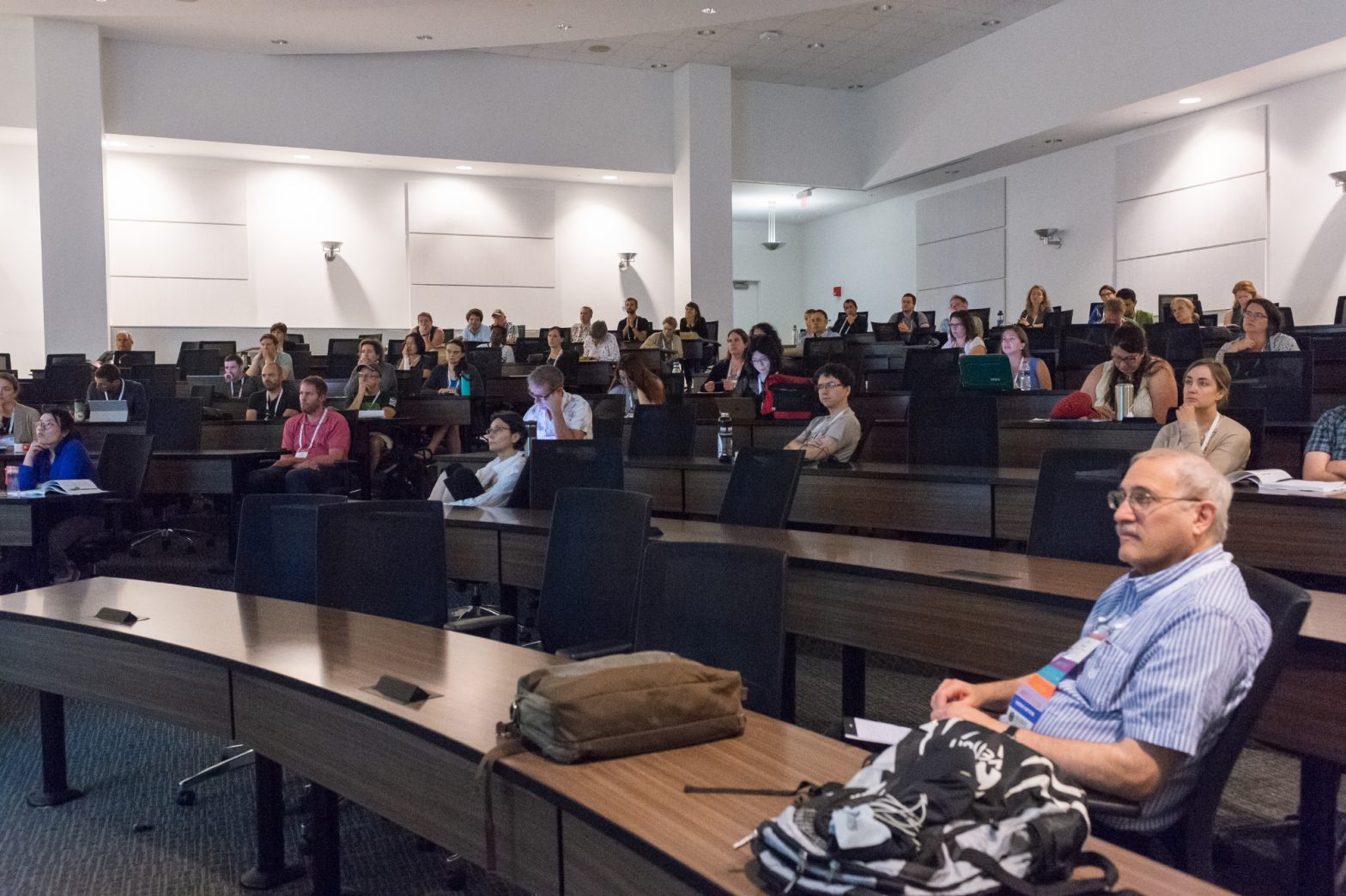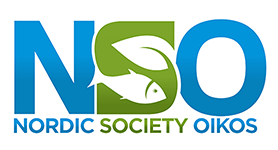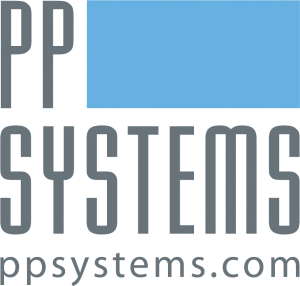2021 ESA Annual Meeting
Virtually Anywhere
August 2 – August 6, 2021
Deadline: 5:00 PM Eastern (2:00 PM Pacific)
Thursday, February 25, 2021
All ESA Annual Meeting proposal and abstract deadlines are 5:00 PM Eastern so that technical support and ESA staff assistance will be immediately available when submitters need it. If you begin your submission very close to the deadline, you are choosing to take a risk, and we will not make an exception if you don’t complete your submission in time. The form automatically closes at 5:00 EST / 2:00 PST whether you have completed your submission or not.
Abstracts that are incomplete or received after the deadline will not be considered.
ESA meetings, open to ESA members and those interested in ecology, are among the most respected meetings of ecologists in the science community. ESA is committed to providing a safe, productive, and welcoming environment. All participants including, but not limited to, attendees, speakers, volunteers, exhibitors, ESA staff, service providers and others are expected to abide by the Code of Conduct for ESA Events. This Code of Conduct applies to all ESA meeting-related events including those sponsored by organizations other than ESA but held in conjunction with ESA events, in public or private facilities. In addition, ESA members and authors of ESA publications must adhere to the Code of Ethics for the Ecological Society of America.
How To Submit
You must submit your abstract using the online submission form. Abstracts sent by email will not be considered. Click the link below to begin by selecting which type of abstract you would like to submit. You will be able to return to the abstract to edit it until the submission deadline has passed. Information on how to do so will be included in two automated emails you will receive, first when you begin and then when you complete your submission.
About the 2021 Annual Meeting
If public health conditions allow, the 2021 Annual Meeting will be a hybrid meeting in Long Beach that combines in-person and virtual elements. If in-person elements are not possible, the meeting will be virtual (with all sessions online). Contributed talks will be entirely virtual in both scenarios.
Before You Begin
Please read and follow the abstract guidelines carefully. They are provided here as a guide to help you plan in advance. You can start your submission, save your progress, and then return to complete it at any time before the deadline has passed. A login and password will be automatically emailed to you when you begin an abstract submission. You may log in to view your abstract at any time by logging in here.
If this is your first time submitting an abstract for an ESA meeting, we suggest reading some contributed abstracts from a previous meeting. Abstracts from recent meetings are available online (2020, 2019, 2018). If you are a student, we strongly encourage you to work closely with your faculty adviser as you develop your abstract. If you encounter problems during abstract submission, email Jennifer Riem and include the abstract ID number.
About Contributed Oral Sessions
We invite submission of abstracts for contributed oral presentations for the 2021 ESA Annual Meeting. Abstracts are encouraged to address the meeting theme “Vital Connections in Ecology” if appropriate but doing so is not necessary. We welcome submissions from any topic in ecology. This includes submissions that report interdisciplinary work, address communication with broad audiences, or explore ways of teaching ecology at any level.
Whether this year’s meeting is hybrid or virtual, contributed talks will be entirely virtual. Due to social distancing requirements, we expect the number and capacity of session rooms available in our venue to be greatly reduced compared to previous meetings. A significant portion of the meeting content, including contributed sessions, will be virtual.
We anticipate two components for each contributed talk:
- A completed presentation uploaded in advance of the meeting (around mid to late July). This presentation will be available on demand (available at any time) to all registered attendees starting one week in advance of the meeting. This will allow registered attendees to watch presentations in advance of scheduled live discussions. Recorded talks are highly encouraged for authors who can record them; however, we realize some authors may face technical or other constraints that do not allow this. Authors will have the option to upload their slides or a recording. Authors will also be able to upload supplemental files such as a handout, a copy of the slides to accompany a recording, and a transcript of the audio from a recording. Transcripts are highly encouraged to help make the recordings as accessible as possible.
- A live virtual discussion will be scheduled during the meeting (Monday – Thursday). This discussion will include all of the speakers in the session and will be moderated by a presider. This discussion will not include presentations, although presenters may share specific slides as needed to help support the discussion.
Each live virtual discussion may be scheduled Monday through Thursday. By submitting an abstract, the presenting author is indicating that they will be available during any of the possible time slots in this time. We have not identified the specific timeslots yet, but we will spread them as evenly as possible during prime meeting times across the 4 possible days. We are anticipating meeting days to run 7:00 AM to 5:00 PM Pacific Time.
Abstract Submission Guidelines
Abstract guidelines
- The body of the abstract is up to 400 words, split between the two sections (up to 200 words each): 1) Background/Question/Methods, in which the objective of the study is clearly identified and the methods are described; and 2) Results/Conclusions, in which specific results of the study are explicitly reported and their implications for ecology are briefly discussed.
- The abstract must primarily report on new work within the field of ecology.
- Reviews of previous work are not permissible for contributed presentations.
- The abstract must report specific results. The results may be preliminary, but they may not be vague. Abstracts without explicitly stated results will be rejected.
- It is understandable that abstracts describing non-traditional work may lack quantitative data; however, it is still expected that the abstract will address some question and have a “take-home message” describing specific findings.
- Abstracts must be clear. Poorly written abstracts will be rejected.
- Abstracts must be written in English and must follow standard grammar and punctuation rules. Abstracts that do not meet this guideline will be rejected.
- Helpful information about abstract entry
- For every author listed, their name, institution, and email are required information.
- Missing coauthors are a very common issue. Be sure to check to make sure everyone has been included. This is under People, the second step in the process. You can follow your progress at the top of the screen.
- The presenting author is the corresponding author who will receive all communications, including acceptance and scheduling notifications, from ESA. To receive notifications from us on time, it is important to make sure the correct person is indicated and that their email is entered correctly.
- Any author can be designated as the presenting author. The first author is designated by default, and this can be adjusted by editing the author list. The presenting author’s name will appear in bold text.
Session assignment
During abstract submission, you will be asked to rank 3 themes to guide the grouping of your presentation into a session with similar presentations (6 speakers per session). Consider the themes carefully.
Each contributed session’s one hour discussion time may be scheduled Monday through Thursday. By submitting an abstract, you are indicating you will be available during any of the possible time slots.
One presentation rule
Each person should submit only one abstract where they are listed as presenting author. This rule is enforced to encourage broad participation. You may present a poster or a talk, not both. This rule does not apply to coauthors. An author may be the presenting author on two abstracts only if one of the abstracts primarily reports on ecology education/outreach or is for an Inspire presentation.
Abstract fee and virtual meeting technology
There is a $60.00 fee to submit an abstract for a contributed talk. If you are unable to pay this fee due to a lack of funding, you can check a box to opt out on the first page of abstract submission. The abstract fee covers costs associated with abstract submission and new technology needed to support improved engagement for virtual presentations. Uploaded presentations will remain available to meeting attendees for at least a few months after the meeting. We are exploring new virtual tools to support presenters and attendees and to enable more discussion within and outside of scheduled sessions.
After Submission
Abstract review
Peer reviewers will rate abstracts using the abstract guidelines included in this call. The ratings and comments provided by peer reviewers will inform the acceptance decisions made by the Program Subcommittee.
Editing abstracts
Light editing of accepted abstracts will be available for a short window (2-3 weeks) after the acceptance notifications are sent. All presenting authors will receive instructions and a specific deadline by email. Edits are not possible outside the April editing window.
Meeting registration
The presenting author of every accepted abstract is required to register for the meeting and will be reminded to do so in meeting correspondence. Submitting an abstract does not register you for the meeting. Registration is a separate process that we anticipate will open in May.
Cancellations
When submitting an abstract, presenters should be reasonably confident that they will attend the meeting and give the presentation as scheduled. We understand that planning ahead is particularly challenging this year, but the presenting author should notify ESA Meetings as soon as possible if a presentation needs to be cancelled. Please cancel by May 1 if possible, to help us minimize gaps in the final meeting program as well as receive an abstract fee refund if you paid the fee.
Student Presentation Award
Murray F. Buell Award for Excellence in Ecology
Murray F. Buell had a long and distinguished record of service and accomplishment in the Ecological Society of America. Among other things, he ascribed great importance to the participation of students in meetings and to excellence in the presentation of papers. To honor his selfless dedication to the younger generation of ecologists, the Murray F. Buell Award is given to a student for the outstanding oral paper presented at the ESA Annual Meeting. If you are a student (undergraduate or graduate) who is the presenting author of a contributed talk, and who is the sole or lead author of the talk, you are eligible to be considered. Talk formats other than “contributed” are not eligible. Talks will be judged on significance of ideas, creativity, quality of methodology, validity of conclusions drawn from results, and clarity of presentation. The students selected for these awards will be announced in a press release. The students will receive a travel award, as well as a plaque and check for $500 at the following ESA Annual Meeting. While all students are encouraged to apply, winning talks typically describe fully completed projects.
How to apply for the Buell Award
The deadline to apply for this award is Thursday, March 4, 2021 at 5:00 pm Eastern Time (2:00 pm Pacific Time).
To apply for the award, you must have already submitted an abstract. Please note the abstract ID number that you received in your confirmation email. Then, submit an online application by the deadline. You must complete the entire application in order to be considered. To view the complete application requirements and apply, visit this page.
Presentation Guidelines
Contributed talks should be 12 minutes long. We will provide more information about how to prepare presentations for upload after abstract acceptance.
Important Dates
| February 25, 2021 | Abstract submission deadline. |
| April 15, 2021 | Notification of acceptance sent to presenting author. |
| May 1, 2021 | Deadline to cancel an abstract. This is also the deadline to make minor edits. |
Questions?
Program Chair
Biology Department
University of Louisville
Louisville, Kentucky
Phone: (502) 852- 5940
E-mail: sarah.emery@nulllouisville.edu
Meeting Program Associate
Ecological Society of America
1990 M Street, NW, Suite 700
Washington, DC 20036 USA
Phone: (202) 833-8773 x 218
Email: jennifer@nullesa.org













